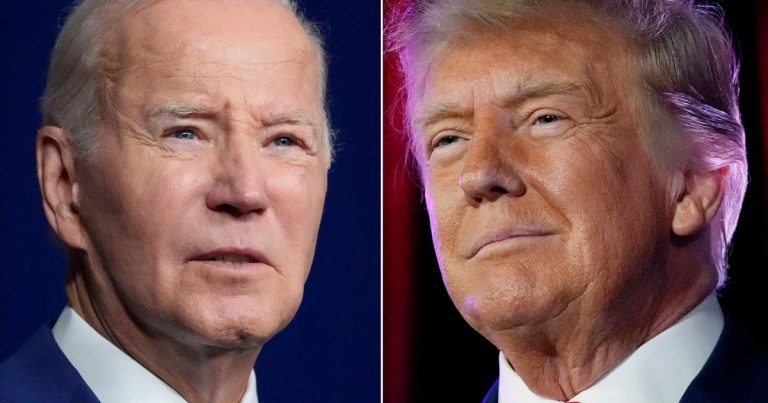The Cost of Ignorance in America
Donald Trump’s recent conviction in New York sparked a wave of reactions that shed light on the current state of American society. Richard Thau, who conducts focus groups for the public opinion research firm Engagious, shared insights from small groups in partnership with NPR. These groups, consisting of just six individuals each, offered a glimpse into how some Americans perceive political issues.
Thau’s observations during the focus groups raised concerns about the level of awareness among participants. He noted that many seemed unaware of being misled and lacked a deep understanding of ongoing political developments. This lack of engagement with current events reflects a broader trend of diminishing information consumption in society.
The concept of “low information voters” emerged during the discussions, highlighting a segment of the population that remains detached from day-to-day political affairs. Whether due to disinterest, ignorance, or apathy, these individuals exemplify a troubling trend towards limited engagement with critical issues.
One alarming realization is that these individuals may not even recognize the extent of their own ignorance. Rather than deliberately choosing to remain uninformed, they unknowingly overlook key details that shape their perceptions of reality. This phenomenon, characterized by a superficial grasp of headlines and lack of depth in understanding complex issues, poses a significant challenge to informed decision-making.
For instance, amidst the focus on Trump’s trial and immigration policies, participants in the groups exhibited biases in favor of the former president’s approach over President Biden’s strategies. However, many were unaware of crucial details, such as bipartisan efforts on border security and the political maneuvering that influenced policy outcomes.
The tendency to overlook critical information extends beyond politics and into broader societal attitudes. With the rise of celebrity culture and superficial fame, intellectual pursuits have taken a backseat to sensationalism and entertainment. This shift reflects a societal preference for spectacle over substance, where individuals are more likely to gain attention for frivolous behavior than intellectual endeavors.
Historical surveys demonstrate a concerning pattern of ignorance among Americans, with significant gaps in knowledge about foundational events and principles. Despite the professed importance of civic education and historical awareness, many individuals struggle to demonstrate even basic competence in these areas.
The erosion of intellectualism and critical thinking poses a threat to the foundations of democratic governance. Without a well-informed citizenry capable of discerning facts from fiction and engaging in meaningful dialogue, the risk of manipulation and polarization increases.
As we confront the challenges of the present and future, the need for a resurgence of intellectual curiosity and respect for knowledge becomes apparent. By fostering a culture that values education, inquisitiveness, and rational discourse, we can aspire to a society guided by reason and enlightenment.
Ultimately, the path towards a more informed and enlightened society begins with individual choices to prioritize learning, critical thinking, and engagement with complex issues. By cultivating a sense of intellectual curiosity and a commitment to truth, we can counteract the pervasive trend of ignorance and elevate our collective understanding.
Just as NASA’s Curiosity rover continues to explore the mysteries of Mars, so too can we embark on a journey of discovery and enlightenment here on Earth. The quest for knowledge and understanding is a timeless endeavor that transcends political divisions and societal norms. By embracing the spirit of curiosity and the pursuit of truth, we can illuminate the path towards a brighter, more enlightened future for all.








